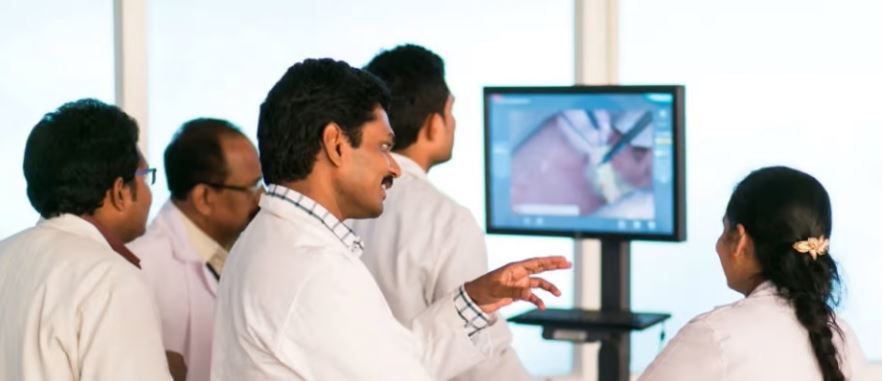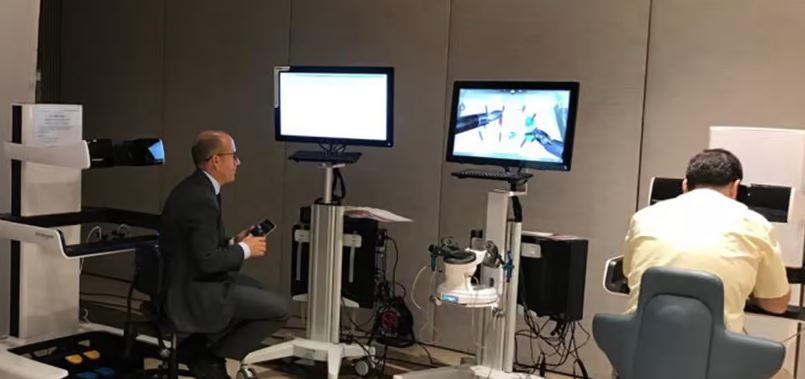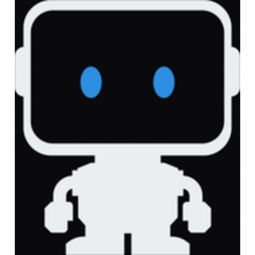公司规模
Large Corporate
地区
- Pacific
国家
- Australia
产品
- DataRobot AI Cloud
- AutoML
技术栈
- Machine Learning
- Predictive Analytics
- Alteryx
实施规模
- Enterprise-wide Deployment
影响指标
- Productivity Improvements
- Customer Satisfaction
- Revenue Growth
技术
- 分析与建模 - 机器学习
- 分析与建模 - 预测分析
适用行业
- 教育
适用功能
- 人力资源
- 商业运营
用例
- 预测性维护
- 质量预测分析
服务
- 数据科学服务
关于客户
帕拉马塔天主教教育教区 (CEDP) 是一家教育机构,服务于新南威尔士州发展最快的地区之一,在西悉尼和蓝山地区设有 80 所学校。该机构以其创新的教育方法而闻名,提供非常成功的贸易培训计划、26 个站点的职业教育和培训计划以及虚拟的“现在学校”。CEDP 致力于利用创新和新思维将学生与现实世界的机会联系起来。该机构拥有大量关于学生的数据,从成绩到出勤率再到人口统计。
挑战
帕拉马塔天主教教育教区 (CEDP) 是一家教育机构,在新南威尔士州拥有 80 所学校和 44,500 名学生。该机构拥有大量学生数据,从成绩到出勤率再到人口统计。然而,CEDP 缺乏内部资源来挖掘这些数据,以提高学生成绩并推进运营目标。他们寻求一种解决方案,帮助他们利用这些数据来提高学生的成功率和运营水平。
解决方案
CEDP 转向 DataRobot AI Cloud 进行自动化机器学习。该平台以其必不可少的可解释性、文档以及作为独立平台可以插入 CEDP 现有数据源(主要是 Alteryx)的事实脱颖而出。CEDP 开始应用 AutoML 来预测学生在高中最后一年的成绩。为此,CEDP 可以利用超过十年的数据。DataRobot AI Cloud 简化了整个生命周期,从模型准备到构建再到监控。该平台运行众多模型,使 Varanasi 博士和一小队分析师能够确定哪一个是最有效的。
运营影响
数量效益

Case Study missing?
Start adding your own!
Register with your work email and create a new case study profile for your business.
相关案例.

Case Study
Revolutionizing Medical Training in India: GSL Smart Lab and the LAP Mentor
The GSL SMART Lab, a collective effort of the GSL College of Medicine and the GSL College of Nursing and Health Science, was facing a challenge in providing superior training to healthcare professionals. As clinical medicine was becoming more focused on patient safety and quality of care, the need for medical simulation to bridge the educational gap between the classroom and the clinical environment was becoming increasingly apparent. Dr. Sandeep Ganni, the director of the GSL SMART Lab, envisioned a world-class surgical and medical training center where physicians and healthcare professionals could learn skills through simulation training. He was looking for different simulators for different specialties to provide both basic and advanced simulation training. For laparoscopic surgery, he was interested in a high fidelity simulator that could provide basic surgical and suturing skills training for international accreditation as well as specific hands-on training in complex laparoscopic procedures for practicing physicians in India.

Case Study
IoT platform Enables Safety Solutions for U.S. School Districts
Designed to alert drivers when schoolchildren are present, especially in low-visibility conditions, school-zone flasher signals are typically updated manually at each school. The switching is based on the school calendar and manually changed when an unexpected early dismissal occurs, as in the case of a weather-event altering the normal schedule. The process to reprogram the flashers requires a significant effort by school district personnel to implement due to the large number of warning flashers installed across an entire school district.

Case Study
Implementing Robotic Surgery Training Simulator for Enhanced Surgical Proficiency
Fundacio Puigvert, a leading European medical center specializing in Urology, Nephrology, and Andrology, faced a significant challenge in training its surgical residents. The institution recognized the need for a more standardized and comprehensive training curriculum, particularly in the area of robotic surgery. The challenge was underscored by two independent studies showing that less than 5% of residents in Italian and German residency programs could perform major or complex procedures by the end of their residency. The institution sought to establish a virtual reality simulation lab that would include endourological, laparoscopic, and robotic platforms. However, they needed a simulator that could replicate both the hardware and software of the robotic Da Vinci console used in the operating room, without being connected to the actual physical console. They also required a system that could provide both basic and advanced simulation training, and a metrics system to assess the proficiency of the trainees before they performed surgical procedures in the operating theater.

Case Study
Edinburgh Napier University streamlines long-distance learning with Cisco WebEX
• Geographically dispersed campus made in-person meetings costly and inconvenient.• Distance-learning programs in Malaysia, India, and China required dependable, user-friendly online tools to maximize interaction in collaborative workspaces.• Virtual learning environment required a separate sign-in process, resulting in a significant administrative burden for IT staff and limited adoption of collaboration technology.

Case Study
8x increased productivity with VKS
Before VKS, a teacher would spend a lot of time showing a group of 22 students how to build a set of stairs within a semester of 120 hours. Along with not leaving the teacher much time to provide one-on-one support for each student to properly learn carpentry, it also left a considerable amount of room for error. Key information would be misinterpreted or lost as the class was taught in the typical show-and-tell way.

Case Study
Scalable IoT Empowering GreenFlex's Sustainable Growth
GreenFlex, a company that supports sustainable development, decarbonization, and energy efficiency, faced several challenges in its quest to expand its business. The company needed to deploy a robust and sustainable IoT technology to support its growth. It was crucial for them to monitor and control devices at customer sites in a safe and reliable manner. They also needed to integrate devices across a range of communication protocols and gather and act on data to meet efficiency targets. GreenFlex had previously built IoT capabilities into its digital platform, GreenFlexIQ, to monitor and manage customer sites remotely. However, they soon realized that they needed a new platform to support their ambitions. They needed a platform that could scale to connect more devices for production management and make it easier for the operations team to manage devices in the field.







